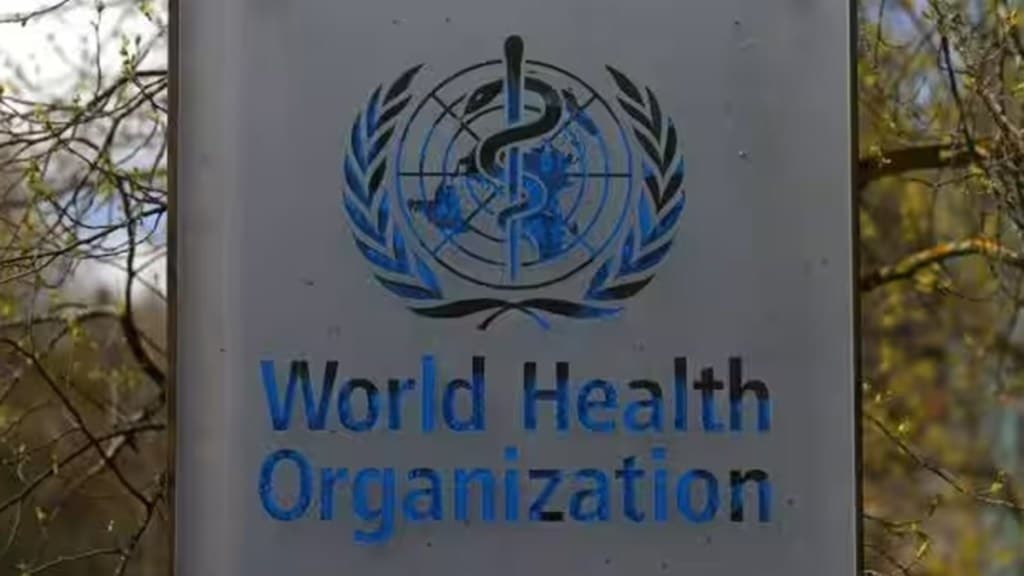When India assumed the presidency of G20, the world was emerging from the worst phase of a devastating Covid-19 pandemic, looking to restore global connectivity, and revive economic growth which had stalled or sagged under the crushing pressure of a novel but nasty virus. The global public health community was apprehensive as to whether the pandemic catalysed attention of policymakers to health (via focus on systems, services, financing and research) would dissipate as economic and political priorities crowd the agenda of G20.
While there has been global commitment to prepare countries to prevent and respond to future pandemics better than they did with Covid-19, would that be addressed only at the level of the World Health Organisation (WHO)? A new Pandemic Prevention, Preparation and Response Treaty (PPR) and revision of International Health Regulations (IHR) were under international negotiation at WHO, with completion timelines set for 2024. As that process continues, would the agendas of G7 and G20 keep health aside and be packed with other priorities?
The G20 process quickly dispelled those apprehensions. The rich countries of G7 may only wish to protect themselves from spillover of future pandemics into their territories. However, other members of G20 were also concerned about reducing the international inequities that impeded their response to the Covid-19 pandemic and wished to fix systemic flaws that might undermine the global cooperation needed for future public health emergencies.
India ensured that health was not sidelined at G20. Discussions on health featured not only in meetings convened by the health ministry but also in those convened by scientific academies (S20), civil society (C20), think tanks (T20), and other groups too. Recommendations from all of these meetings streamed into the process of shaping the final declaration. The final declaration, unanimously adopted by heads of G20 nations on September 9, 2023, provided a prominent place for health. That declaration committed to strengthen global health architecture and ‘building more resilient, equitable, sustainable and health systems to achieve Universal Health Coverage’. It called for strengthening the primary care and health workforce while improving essential health services and health systems to ‘better than pre-pandemic levels.’
The G20 reaffirmed its faith in WHO as the world’s premier public health agency, placing it at the core of coordinated global health efforts. Emphasis was laid on infectious diseases, from eradication of polio to ending AIDS, TB, malaria, hepatitis, water borne diseases and other communicable diseases.
The ‘One Health’ programme is to be promoted through the ‘Quadripartite’, a coalition of WHO, World Organisation of Animal Health (WOAH), United Nations Environment Programme (UNEP), and Food and Agriculture Organisation (FAO). Anti- microbial resistance (AMR) is to be combated and contained as part of the One Health initiatives at national and global levels. Ongoing efforts on the pandemic PPR and IHR were welcomed.
The imperative of providing equitable access to safe, effective, quality assured and affordable vaccines, therapeutics, diagnostics (VTDs) and other medical countermeasures was inscribed in the declaration. This was recognised to be especially important for low and middle income countries, least developed countries and small island developing states. Development of local capacities for research and development, manufacturing, and last mile delivery were recognised as essential for an efficient response to public health emergencies. Creating a network of networks connecting low and middle income countries (LMICs) and other developing countries was listed as an important area of action. This effort would be led by WHO.
Recognising the importance of reconfiguring health systems as part of the response to climate change, the G20 called for the development of climate-resilient and low carbon health systems. Since health systems globally generate 5.3% of greenhouse gases, through healthcare facilities and their supply chains, the need for ‘greening’ of healthcare becomes an important measure of climate change mitigation. At the same time, healthcare facilities have to become climate resilient as rising temperatures and extreme weather events threaten to impact their safety and functioning. Multi-lateral development banks (MDBs) like the Asian Development Bank and the World Bank have announced their support to these efforts. G20 will also support the work of the WHO led Alliance for Transformative Action on Climate and Health (ATACH) in advancing development of climate responsive health systems.
Potential role of evidence-based Traditional and Complementary Medicine (TCM) was recognised by G20, which acknowledged ongoing global initiatives in this area. The declaration also called for promoting mental health and improving access to mental health services as well as provision of psychosocial support in an inclusive manner. It highlighted the need for strong international counter-narcotics cooperation to curb the growing menace of addictive drugs.
While the declaration highlights many vital areas of action for protecting and promoting global health, it strangely does not refer to non-communicable diseases (NCDs), which are the largest contributors to the global toll of deaths and disability. While the high income countries have configured their health systems to deal with NCDs over several decades, it is the LMICs who are presently confronting the rising burdens of NCDs with underprepared health systems. The Covid-19 pandemic also made it clear that NCD related co-morbidities contribute most to severe illness, hospitalisation, and death. That is true also of influenza and other respiratory viruses. If the LMICs represented in G20 do not demand attention to NCDs, which are seriously challenging their health systems, why will the rich countries raise the issue when they are already well-prepared?
Similarly, the Joint Finance and Health Task Force (JFHTF), to which the G20 commits itself, deals only with strengthening the global health architecture for pandemic PPR. There is no commitment to strengthening of health systems overall. The welcome addition of the African Union to the membership of G20 from this year may bring forth such LMIC priorities strongly in future G20 deliberations. For now, we must congratulate India for keeping health in focus at G20 and in achieving consensus on many important areas of global health where international cooperation is vital.
The writer is cardiologist, epidemiologist, and distinguished professor of public health, PHFI
